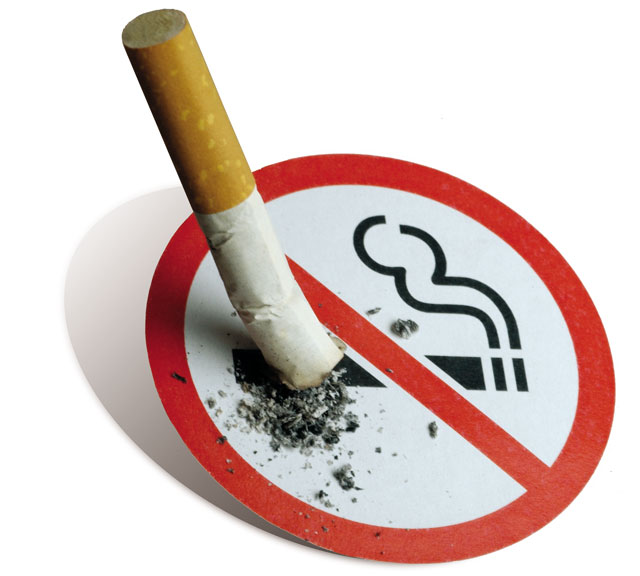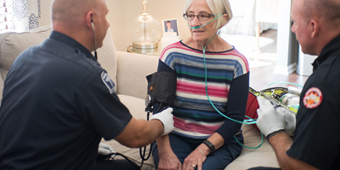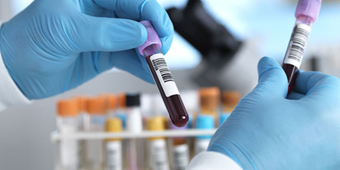Why to Quit Smoking Now — and How — for Your Heart Health

Answer a few questions and we'll provide you with a list of primary care providers that best fit your needs.
For your heart’s sake, your best choice is to never smoke. But if you do smoke, your next best option is to quit smoking—now.
The moment you quit smoking, your heart health will begin to improve. And just one year after quitting, your risk for heart disease and stroke can be cut by half. The risk will continue to decline over time, eventually falling to that of a nonsmoker.
All smokers put their health at great risk. But the habit puts women at 25 percent greater risk of heart disease than men, according to the American Heart Association.

Why is Quitting So Important?
Because smoking:
- Increases risk of heart disease and stroke by two to four times, says the American Heart Association
- Shortens your life. One cigarette reduces a smoker’s life by 11 minutes, according to a study reported by the National Center for Biotechnology Information. What if you smoke a 20-cigarette pack a day? In a year that adds up to nearly 56 days.
- Damages your blood vessels, leading to increased blood pressure and heart rate and raising your risk for blood clots, which can cause stroke
- Cuts down on oxygen to your heart, brain and arteries
- Makes breathing and physical activity more difficult, contributing to a decrease in HDL (good) cholesterol
- Greatly increases blood pressure and risk for stroke and heart attack when you take oral contraceptives
- Enables cholesterol and other fatty substances to build up in blood vessels
How to Quit Smoking
So, you’re convinced that smoking is bad for your heart health. How do you quit? Smoking is one of the most difficult addictions to get over. To improve your chances of quitting,these tips can help:
- Set a quit date and share it with family, friends and co-workers
- Seek support from those around you
- Talk with your doctor about over-the-counter and prescription quit aids
Also ask your doctor for recommendations of smoking cessation programs. These programs often encourage use of quit aids. These include nicotine replacement products, to help get over the physical addiction to nicotine, and non-nicotine options.
And just one year after quitting, your risk for heart disease and stroke can be cut by half.
Nicotine replacement products include:
- Nicotine chewing gum. Available over-the-counter, it releases small amounts of nicotine to help reduce withdrawal symptoms.
- Nicotine patch. Also over-the-counter, it releases a steady dose of nicotine.
- Nicotine inhaler or nasal spray. Available through prescription only.
If you are pregnant or nursing, you should check with your doctor before using a nicotine replacement product.
Non-nicotine stop-smoking products include prescriptions for pills that can decrease the desire for nicotine or alter mood transmitters in the brain that are linked to addiction.
Answer a few questions and we'll provide you with a list of primary care providers that best fit your needs.
Source: American Heart Association and Go Red for Women; National Heart, Lung, and Blood Institute; National Center for Biotechnology Research




